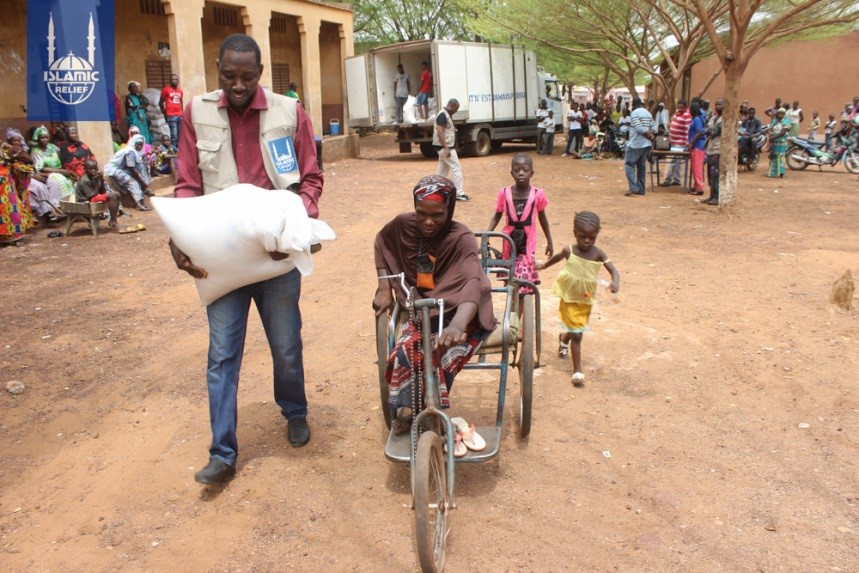Islamic Relief Mali: information-sharing, communication, participation and feedback
Since the roll-out of Islamic Relief Worldwide’s Complaint Handling Policy and Complaint Management Guidance Pack, which includes the requirement to share information with affected people and communities about the projects being undertaken, Islamic Relief Mali has been developing a robust complaint handling mechanism focusing on information sharing, communication, participation and feedback.


Since the roll-out of Islamic Relief Worldwide’s Complaint Handling Policy and Complaint Management Guidance Pack, which includes the requirement to share information with affected people and communities about the projects being undertaken, Islamic Relief Mali has been developing a robust complaint handling mechanism focusing on information sharing, communication, participation and feedback.
At the start of their projects and programmes, Islamic Relief holds an inception workshop, where they introduce their programme staff to the communities and explain their complaint mechanism. Communities are informed of what they can expect from the project, as well as their rights and roles, including how to participate in the project and how to provide feedback. Furthermore, information is displayed at distribution sites and translated into local languages by the facilitators in order to ensure full understanding of the programme by the communities. Any questions or inquiries are clarified at the inception workshop.

Communication channels
All communication with communities happens in French, the local language. Initial consultation with communities helps Islamic Relief identify appropriate means of communication and make further arrangements, if necessary. On some occasions, they resort to local translators to convey messages in other local languages, including Songhoi, Tamacheq and Arabic to ensure that all beneficiaries understand their intentions and the upcoming activities.
Participation
In initial consultations with affected people and communities, once they have been informed about the scope of the project and their rights, the issue of their participation is always raised, especially when it comes to the identification of aid recipients, food distribution monitoring and post-distribution monitoring. Their participation is unconditional, i.e. without remuneration. In the general assembly at the beginning of the project communities are informed of the various implementation steps of the project, in particular that various committees are to be put in place: identification, distribution and complaint committees. The roles and responsibilities of the members of each committee are described. It is on the basis of this information that members are chosen on a voluntary basis or according to their competencies to perform the tasks of the committee concerned.
Feedback for better response
Throughout the project, but particularly during and after the distribution process, Islamic Relief encourages communities to provide feedback about the quality of the assistance they received. They collect feedback through suggestion boxes, focus groups, and post-distribution monitoring. Informal feedback received in the course of daily interaction is also valued and helps to develop trust and improve programmes on an on-going basis.
Islamic Relief began its work in Mali in 1997, helping people affected by civil war in the northern regions. They were one of the first organisations to reach some of the worst affected regions during the 2005 food crisis. Nowadays, their work in Mali is focused on long-term development, helping vulnerable communities to boost their resilience to food shocks.
For more information, please get in touch with Moussa.Traore@islamic-relief.org.ml (Senior Program Manager)
